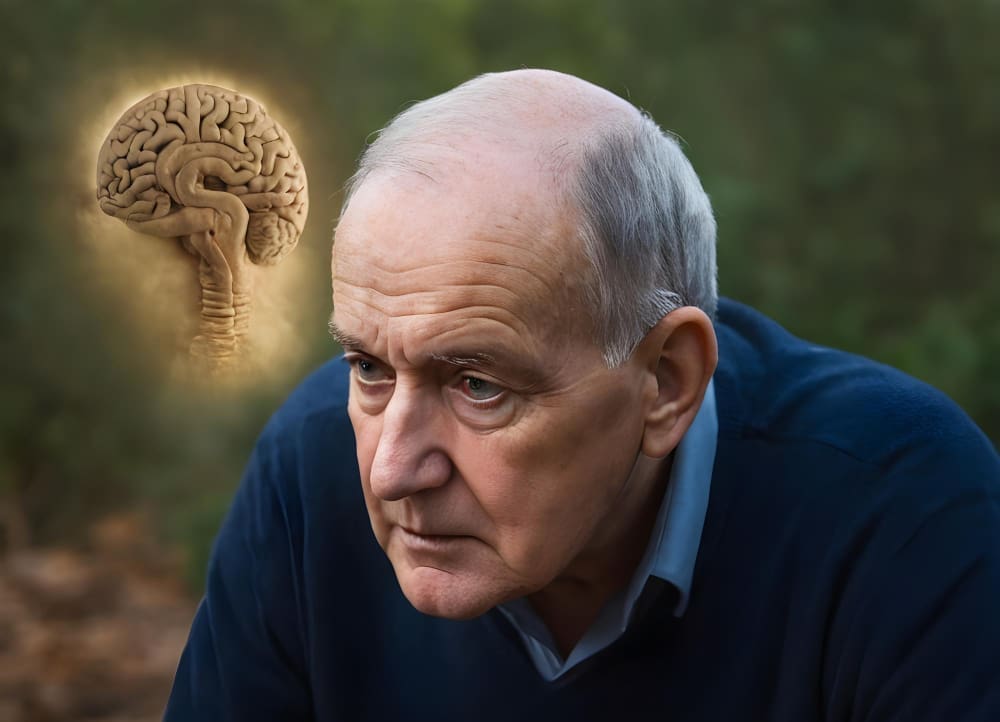Recent research has illuminated how certain lifestyle factors play a critical role in protecting cognitive health from decline, particularly as we age. This understanding is increasingly important as the global population ages and the prevalence of neurodegenerative disorders rises. The factors identified—exercise, social bonds, and personal passion—appear to contribute significantly to the maintenance of cognitive function throughout life.
The Aging Brain and Cognitive Health

As people age, their brains undergo various structural changes, particularly in white and gray matter volumes. Gray matter, which consists of neuronal cell bodies and is crucial for processing information, begins to shrink from around the age of ten. This reduction is not uniform across the population; those who prioritize their medical and cognitive health tend to demonstrate less brain atrophy. The correlation between cognitive engagement and brain health emphasizes the importance of lifestyle choices in mitigating age-related cognitive decline.
Physical Activity: A Cornerstone of Cognitive Vitality
Extensive research supports the idea that physical activity acts as a robust protector of cognitive health across all life stages. Engaging in regular exercise has been shown to improve key cognitive functions, such as task-switching and working memory. One significant study found that older adults who participated in a six-month aerobic exercise program experienced increased brain matter volumes, suggesting that physical activity not only maintains but can also enhance brain structure.

Moreover, physical activity contributes to the concept of cognitive reserve—the brain’s resilience to damage and decline. Individuals with a higher cognitive reserve are often better equipped to deal with the cognitive challenges that accompany aging. The mechanisms through which exercise influences brain health are multifaceted. Physical activity has been linked to the promotion of neurogenesis (the formation of new neurons), improved synaptic plasticity, and enhanced levels of crucial neurotransmitters that facilitate memory and learning.
The Role of Social Connections
Social relationships and interactions are equally vital for cognitive preservation. Research indicates that individuals with expansive social networks tend to have larger brain regions involved in decision-making and emotional regulation, such as the orbitofrontal cortex. These findings are consistent across various populations, reinforcing the notion that social engagement can mitigate cognitive decline.

Interventions specifically designed to enhance social interaction—such as community programs or group activities—have shown promise in improving cognitive functions and even increasing brain volumes. However, while observational studies provide compelling evidence for the benefits of social connections on cognitive health, there remains a need for more randomized controlled trials to establish causal relationships definitively.
Passion and Personal Interests
Passion, characterized as an intense drive towards activities or values that hold personal significance, plays a critical role in cognitive health. Engaging in hobbies or interests can stimulate cognitive function by motivating individuals to learn new skills and challenge themselves intellectually. This pursuit of passion is linked to neural plasticity, the brain’s ability to reorganize itself by forming new neural connections throughout life.

Psychological traits such as grit—persevering in the face of challenges—further support the development of gray matter. Individuals who exhibit grit are often more likely to engage deeply with their interests, leading to sustained cognitive engagement and growth.
Understanding the Mechanisms
While the protective roles of physical activity, social engagement, and personal passion in cognitive health have been established, the underlying mechanisms require further exploration. Research has provided a clearer understanding of the brain’s responses to physical activity compared to social interactions.
Studies involving animal models have revealed that exercise fosters the growth of neural connections, promotes the generation of new neurons, and enhances neurotransmitter levels. These physiological changes correlate with improvements in memory and other cognitive functions. The precise pathways through which social interactions influence brain health remain less understood, underscoring the need for more focused research in this area.
Conclusion and Future Directions
In summary, maintaining cognitive health as we age is a multifaceted endeavor that hinges on lifestyle choices. Physical activity, social engagement, and personal passion are key factors that collectively contribute to cognitive resilience. Future research should delve deeper into intervention strategies that optimize these factors, aiming to create comprehensive programs that promote cognitive health across the lifespan. By prioritizing these lifestyle modifications, individuals can significantly improve their chances of preserving cognitive function well into old age, thereby enhancing their quality of life in the later years.







